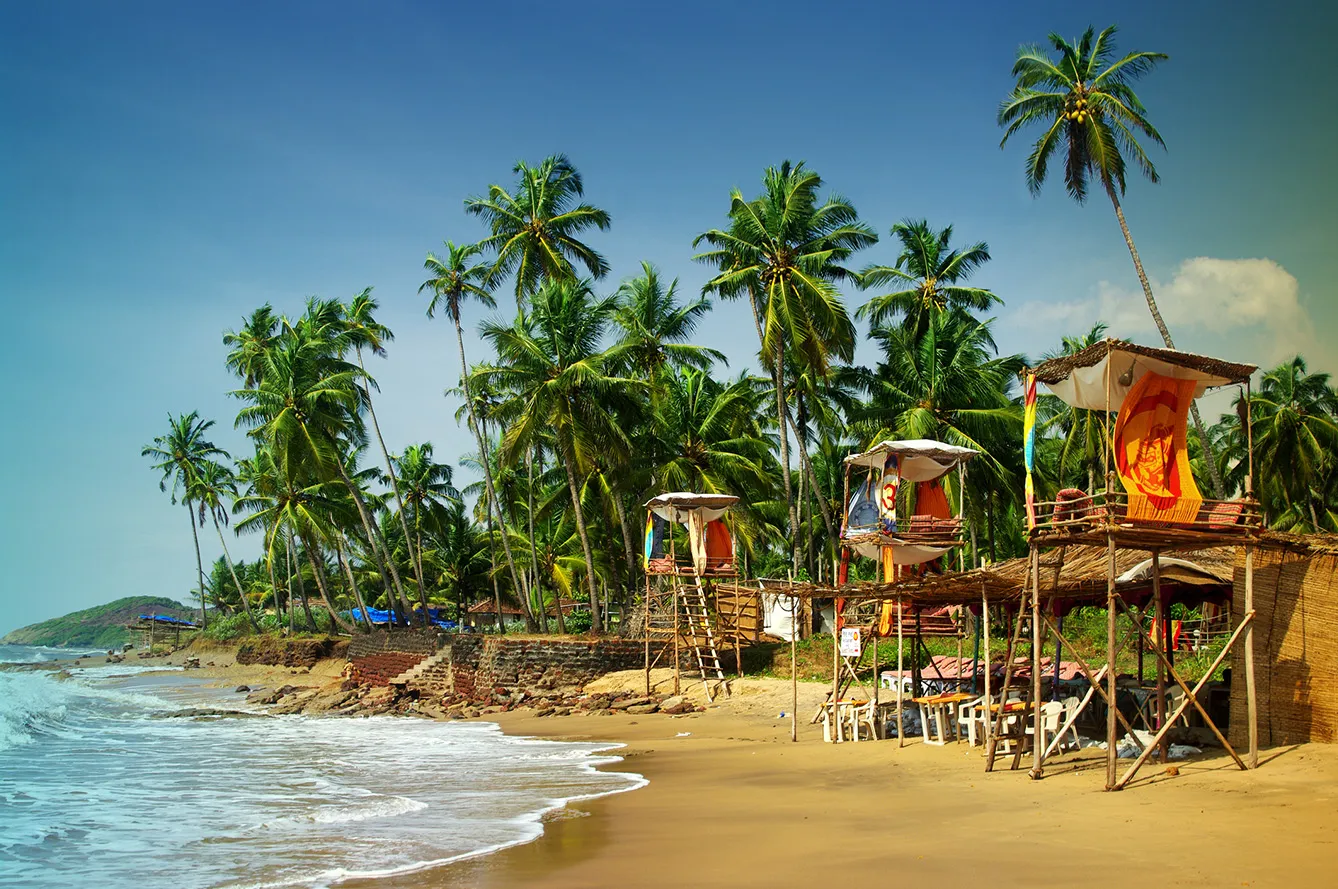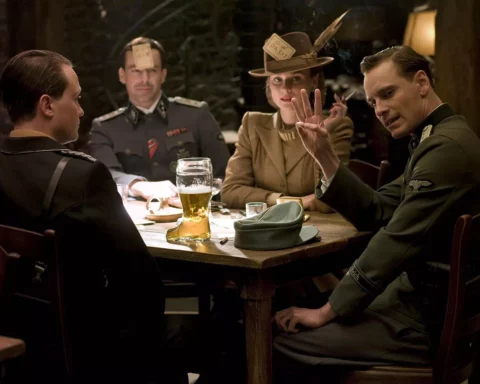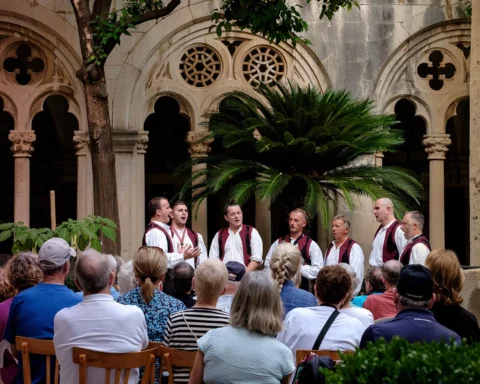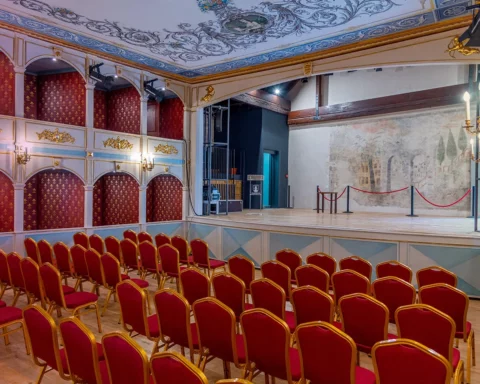You must have heard that the Game of Thrones series was filmed in Dubrovnik. Every year, thousands of visitors come to this southernmost Croatian city to take pictures at the locations of the most famous scenes from the film. However, it is more important to realize Dubrovnik was a key trading port long before the creation of that series. In fact, the city was such a prominent commercial center that from 1358, it was known as the Republic of Ragusa, which was the Latin name for the city. But was that an actual independent state? Yes. Dubrovnik was a city-state modeled on Italian cities. It had its own currency, administration, and surrounding territory under supervision.
Ragusa’s claim to power
What is the secret of Ragusa’s colonial success? The city was inhabited as early as antiquity and was fortified by large walls, so it was not easily conquered, with protective watchtowers on the islands. In addition to good defense, the city developed as a trading port with a large hinterland located in today’s Balkan states. The surrounding empires rose and fell, but none conquered the famous Ragusa because they perceived it as a potential partner in lucrative trade contracts. Now you may be thinking about how the people of Dubrovnik got so rich. It was all down to trade margins on the flow of products through their port. This acquired wealth was the pledge for the development of colonialism and colonial ships.
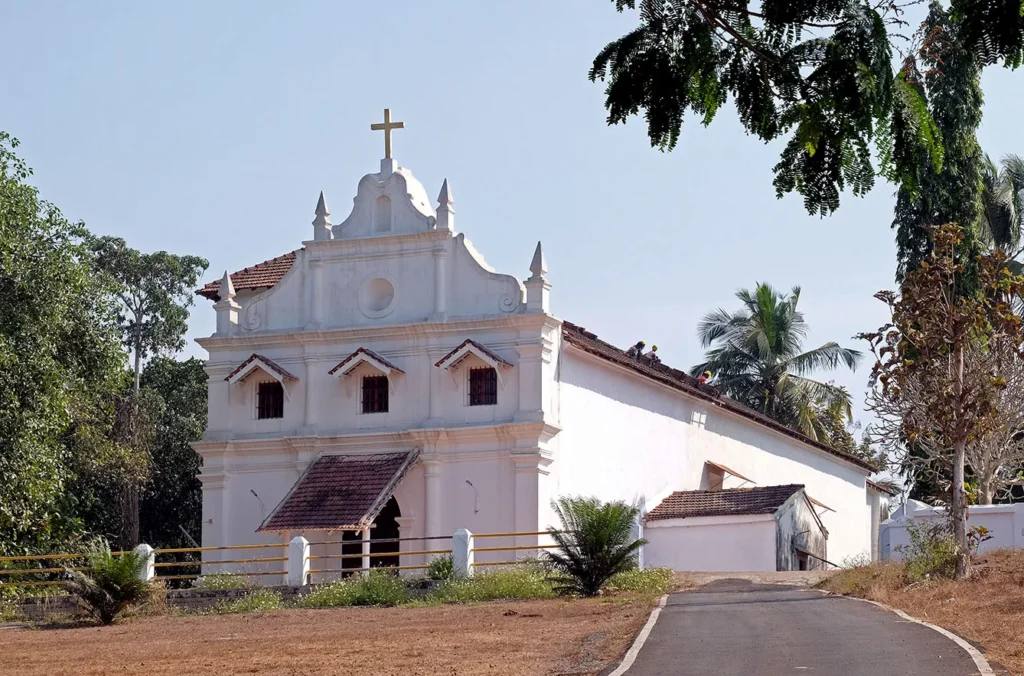
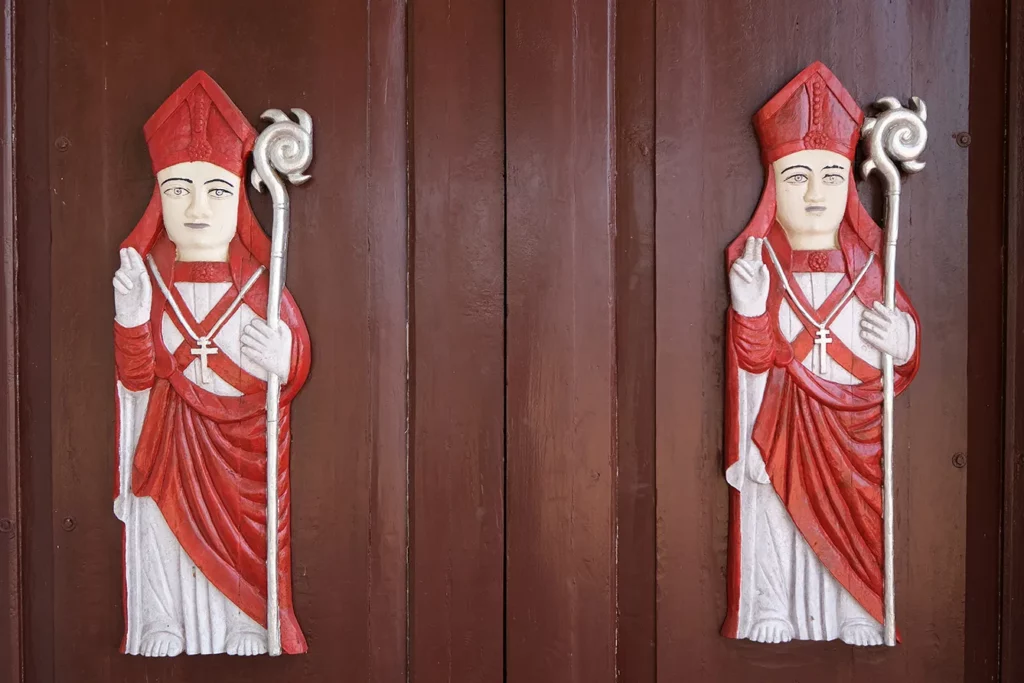
However, if you want your slice of the colonization cake, you also need skilled diplomacy apart from money. The one consulate Ragusa had in Lisbon turned out to be of vital importance as the Portuguese allowed the people of Dubrovnik to travel with them to Indian Goa, which was an important port for the spices trade in the 15th and 16th centuries. The people of Dubrovnik realized that almost all Indian spices were not available in their commercial Balkan hinterland, and with Portuguese mediation, they began to export them from India. Not long after the beginning of that trade, the people of Dubrovnik founded their own colony, Sao Braz (today’s Gandaulim), next to the Portuguese colony of Goa.
The Republic of Dubrovnik’s colonies
In coming up with the name for the colony, the people of Dubrovnik simply named it after their patron Saint Blaise. But as a gesture of gratefulness, they used the Portuguese equivalent for the name, owing to the Portuguese support in founding the colony. The colony had its golden period in the first half of the 16th century, growing to approximately 12,000 inhabitants. Does one colony make a country a colonial power? The famous Republic also had other smaller colonial settlements as part of its trade missions in the area of today’s Western Balkans. To this day, the town of Janjevo in Kosovo is a settlement inhabited by the descendants of Dubrovnik merchants. In all their colonial settlements, the people of Dubrovnik brought Christianity and built churches, so there are several temples dedicated to St. Blaise in the Balkans, as well as some still present in India.
Dubrovnik was a city-state that invested all its trading profits in its development, but with the earthquake of 1667, its glory disappeared irretrievably. The aforementioned churches and few living descendants remain witnesses of Dubrovnik’s colonialism. Along with the Portuguese and the Spanish, the people of Dubrovnik were one of the first colonizers of the world, yet completely different from what came later. They did not bring turmoil and shed the blood of the natives. Instead, they used their superior diplomatic skills to do what they were best at – business. One set to work for everyone’s profit.


